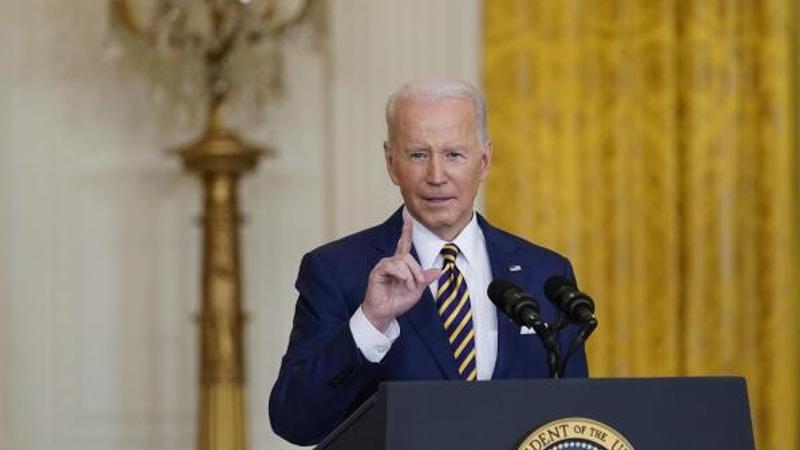Published 18:14 IST, December 23rd 2024
Biden Administration Targets China’s Chip Industry in Final Weeks
The probe, conducted under Section 301 of the Trade Act, targets foundational semiconductors crucial for industries like automotive.

The Biden administration announced on Monday the launch of a new investigation into China’s semiconductor sector, citing national security concerns. This marks a significant move in the administration's final month, laying groundwork for potential actions such as tariffs aimed at reducing reliance on Chinese-made chips in U.S. products.
The probe, conducted under Section 301 of the Trade Act, targets foundational semiconductors crucial for industries like automotive, medical devices, and military defense. Unlike advanced AI chips, which have been a separate focus, these basic chips are integral to supply chains.
Commerce Secretary Gina Raimondo highlighted the risks of depending on China for such critical components. "We saw during COVID what happens when we need a chip and we can't have it — it fuels inflation, makes cars and washing machines more expensive and left our military supply chain vulnerable," she said, as per a report from Axios.
Transition Challenges
With only a month left in Biden’s term, the investigation is unlikely to reach completion under his administration. Section 301 investigations can take up to a year, meaning the responsibility for follow-through will fall to President-elect Donald Trump.
Senior administration officials defended the timing, emphasizing the importance of creating a record for the incoming administration. "China doesn't stop pursuing its policies just because the U.S. is going through a transition," they noted.
Economic Impact
The Biden administration has previously used Section 301 to impose tariffs on Chinese imports, including electric vehicles, batteries, and solar equipment. Officials suggest similar actions could be taken for semiconductors, which are currently sold by Chinese manufacturers at ultra-low prices.
"We've seen chips companies hesitate to invest in the U.S.," Raimondo said, underlining the economic and security vulnerabilities caused by this dynamic.
What to Expect Under Trump
President-elect Trump has signaled a strong stance on China as part of his economic agenda. He is expected to prioritize tariffs, potentially bypassing lengthy processes like Section 301 by using executive orders to impose import taxes.
Jamieson Greer, Trump’s nominee to lead the Office of the U.S. Trade Representative, will reportedly play a key role in shaping the future of the investigation, assuming his confirmation.
The new investigation is a final effort by the Biden administration to address U.S. dependency on Chinese semiconductors and other imports. It builds on a series of measures taken during Biden’s term to curb China’s economic influence.
While the current administration’s time is limited, the issue of U.S.-China trade relations is expected to remain a major focus under Trump, keeping tensions between the two nations high.
Updated 18:14 IST, December 23rd 2024




